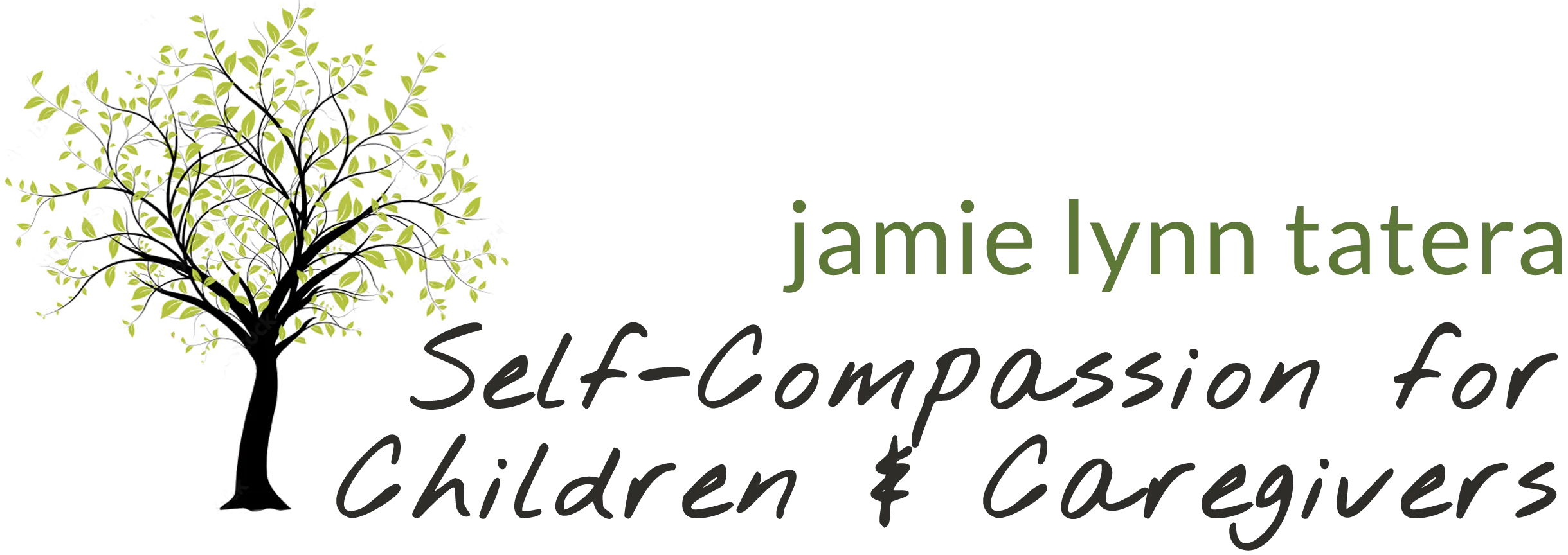Path to Resilience
The path to resilience is not about “trying harder” in the conventional sense of the word. Resilience involves moving with the flow of life rather than against it – navigating the currents so that we can steady ourselves, achieve our goals, and help others. On this path we give ourselves permission to be human—to be imperfect and have difficult emotions, and we also empower ourselves with skills to become the best version of ourselves.
The path to resilience teaches simple, engaging and practical applications of research-based mindfulness, self-compassion, emotional intelligence and positive neuroplasticity. Through the integration of science, metaphor, story, and experiential practice, participants learn to relate skillfully to difficult experiences and also intentionally create positive strategies for long-term resilience and well-being.
In addition to the eight Path to Resilience foundations lessons, there is also a parent and educator component of this course. The parent and educator component incorporates information from The Whole-Brain Child, and equips participants with powerful tools to cultivate resilience in their children and/or students.
Path to Resilience participants learn:
- Strategies to deal skillfully with stress, anxiety and other difficult emotions
- Practices to calm the body and mind
- Mindfulness techniques to help focus attention in the present moment
- Self-compassion practices to encourage self-kindness
- Skills to increase happiness, gratitude and well-being
- Practices to increase resilience and well-being in children
This course is integrated into the Parent-Child Self-Compassion class, the Mindfulness and Self-Compassion Workbooks for Kids, and the Mindfulness and Self-Compassion for Kids & MSC-CC Teacher Training.
Path to Resilience Foundations Training participants will receive:
Weekly lessons addressing the following themes:
– Week 1: Mindfulness and Emotions
Optional: The Whole-Brain Child & Well-Being
– Week 2: Side-by-Side Emotions
Optional: The Whole-Brain Child & Integration
– Week 3: The Negativity Bias & Interconnection
– Week 4: Attentional Training (Mindfulness)
Optional: The Whole-Brain Child & Embodiment
– Week 5: Relating Skillfully to Difficult Thoughts
Optional: The Whole-Brain Child & The Power of History
– Week 6: Self-Compassion Training
Optional: The Whole-Brain Child & Parts of Ourselves
– Week 7: Positive Neuroplasticity training/ Growing the Good
– Week 8: Intention and Practice
Optional: The Whole-Brain Child & Wholeness
- Fifteen mindful movement videos each linked with a Path to Resilience theme
- Weekly emails with practice suggestions and journaling prompts
- A PDF of the Path to Resilience Photo Book
Note: Participants will need to purchase The Whole-Brain Child book (or audiobook), by Daniel Siegel and Tina Payne Bryson, in order to participate in the optional parent and educator component of this training.
Are there any prerequisites for this training?
No. The Path to Resilience is a foundational training that is great for anyone who would like to add effective tools to their resilience toolkit as well as learn to cultivate resilience in children.
Is this a parenting class?
The eight foundational lessons of the Path to Resilience are for everyone. There are six additional sessions designed to help caregivers to apply the concepts from the Path to Resilience and the Whole Brain Child to their parenting/teaching.
How is this class related to Mindful Self-Compassion?
Self-compassion is one of the resources highlighted on the Path to Resilience (featured in week 6). Metaphors and select content from the Path to Resilience has been incorporated into the Self-Compassion for Children and Caregivers program and the Self-Compassion from Kids Mini-Lessons. Participants who would like to grow their self-compassion practice are encouraged to take Mindful Self-Compassion training in addition to this class.
How is this class different from other mindfulness and self-compassion programs?
This class contains a unique combination of trauma-sensitive mindfulness, self-compassion, skills to deal with difficult thoughts, emotional intelligence building and growing the good. The Path to Resilience features highly impactful metaphors and practices that enable participants to incorporate resilience strategies into daily life.
I want to learn to teach self-compassion to children. Do I need to take this class?
This class is part of the teacher training for individuals who are learning to teach the Self-Compassion for Children and Caregivers program and the Resilience and Self-Compassion in the Classroom training for educators.
Upcoming Classes and Opportunities
Path to Resilience
This 8-Week Online resilience-building course has been integrated into the following programs: Parent-Child Self-Compassion, Resilient Parenting, AND Self-Compassion for Children and Caregivers Teacher Training.
Fee: $198
Path to Resilience Journaling Challenge
Join Jamie Lynn Tatera for a free Journaling Challenge designed to help adults boost their own resilience. Participants in the challenge will have access to select videos and audio recordings from the Path to Resilience training.
Related Testimonials
“The Path to Resilience helped me break through my old pattern of ruminating on either just the good or just the bad – which tended to result in extreme highs and extreme lows. I’m more equipped to hold all of my emotions at once, recognize that they all belong together, and appreciate that side-by-side feelings are a natural (and beautiful) part of human life.” -Devin Scott
“The Path to Resilience course opens the minds of both adults and youth to be curious about who they are, and how their minds, emotions, and brain all work together. It empowers participants with tools and opportunities to integrate information and experience so that what they are learning truly becomes part of who they are. Personally, the Path to Resilience was a transformative experience. Understanding the science behind how my brain and mind work motivated me to bring the practices into my daily life, which has led to more acceptance and less judgment of myself and others.” –Brooke Talbot, Executive Director of REDgen

